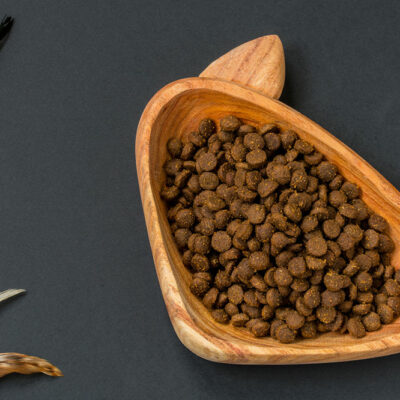
5 Tips to Manage Gout Symptoms
Gout is arthritis that involves swelling of the joints. It can incur severe pain due to inflammation. Gout symptoms may be connected to one’s diet. Certain foods cause uric acid in the blood to increase. It then settles in the joints and worsens gout. Purine-rich foods can trigger uric acid formation in the body. However, gout-healthy foods can lower the risk of excess uric acid build-up. Here are five essential dietary tips to help manage gout.
Eat dietary soluble fibers
Foods that have a good amount of dietary soluble fiber can improve gout symptoms. This type of fiber absorbs uric acid and flushes it out via the kidney. It can help filter one’s bloodstream. Dietary soluble fiber-rich foods include oranges, apples, strawberries, cucumbers, carrots, and celery. Other than these fruits and vegetables, one can also eat oats and barley. Follow this dietary tip and eat healthy to manage gout.
Avoid high fructose food
When fructose is broken down in the body, purines are released. These are further turned into uric acid, which can form crystals in the joint. This can increase joint pain. So, avoid eating foods with high fructose syrup. These include honey and naturally sweet fruit juices. A lot of junk food is made using high fructose corn syrup. Even certain beverages have fructose, which gives them their sweetness. Steer clear from these foods to help reduce gout problems.
Eat nuts and seeds
Nuts and seeds have low purine, which makes them usually safe for those who suffer from gout. Have two tablespoons of seeds and nuts daily. Almonds, walnuts, cashews, chia seeds, and flax seeds should be included in a gout-friendly diet as it may lower one’s uric acid levels. Few nuts and seeds have a rich amount of magnesium, vitamin E, and l-arginine, which may control inflammation and soothe joint pain. Opt for raw and unsalted nuts and seeds, unless of course, you’re on a low-sodium diet.
Avoid certain seafood
Few kinds of seafood have a high content of purines, and patients with gout should avoid them. Coldwater fish like salmon, tuna, and trout should especially be avoided. These can lead to excess uric acid build up in the bloodstream. Other seafood should be eaten only once a while. These include mussels, shrimp, oysters, scallops, and lobsters.
Drink milk
A nice tall glass of low-fat milk can reduce the level of uric acid in the body. Milk has proteins that can promote the excretion of uric acid in one’s urine. This can flush out uric acid, thereby reducing the risk of the onset of a gout attack. One can also have milk products like yogurt or cheese instead of plain milk. Only ensure that these products are low-fat. Consuming milk products can be an effective dietary tip to follow in order to combat gout symptoms.


